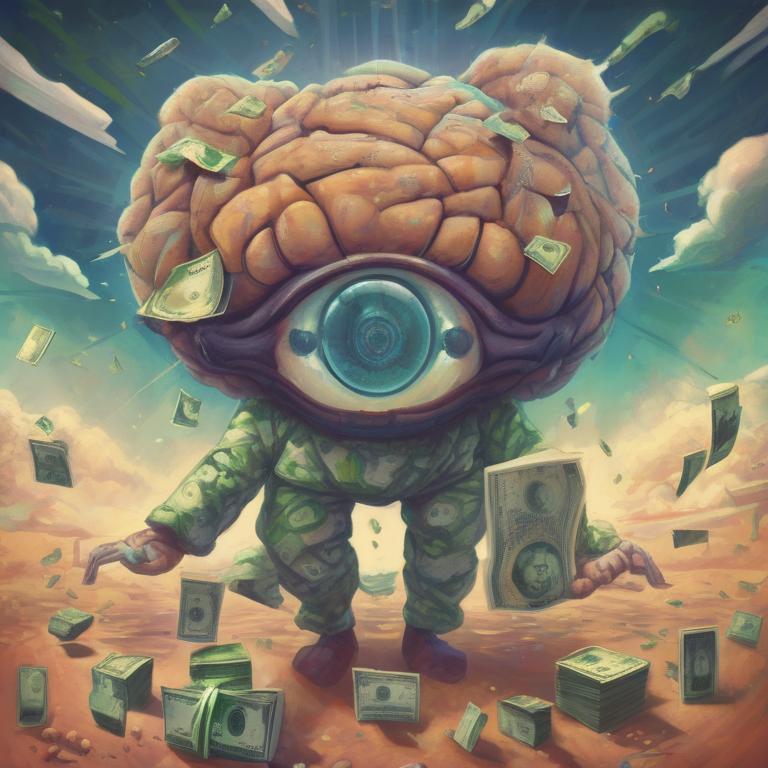Money is a fundamental aspect of modern society, serving as a medium of exchange, a unit of account, and a store of value. However, beneath its practicality lies a complex and often misunderstood concept. In this blog, we explore money as a psychotechnology, highlighting how inflation, particularly when tied to the expansion of “fiat currency,” alters the very unit of perception we use to value assets—the dollar. We delve into the idea that inflation can be seen as a form of wealth redistribution, challenging the prevailing notions of money and its role in our lives.
Money as Psychotechnology
- The Power of Belief: Money’s value is not intrinsic; it’s based on collective belief. We trust that a dollar bill represents a certain amount of value and can be exchanged for goods and services. This shared belief makes money a potent psychotechnology that influences behavior and decisions.
- A Store of Perception: Money acts as a “store of perception.” When you earn, save, or invest money, you’re essentially storing your perception of value. It becomes a representation of your effort, time, and resources.
Inflation: The Alteration of Perception

- The Nature of Inflation: Inflation occurs when the supply of money (in this case, fiat currency) increases, leading to a decrease in its purchasing power. In essence, the value of each unit of money decreases over time.
- Changing the Unit of Perception: Inflation effectively changes the unit of perception we use to value assets. What was once a dollar with a certain purchasing power becomes a dollar with reduced value. This shift distorts our perception of wealth and can erode the value of savings and fixed incomes.
Inflation as Wealth Redistribution
- Inflation as a Silent Tax: Inflation can be viewed as a silent tax on those who hold fiat currency or have fixed incomes. It diminishes the real value of savings, pensions, and wages over time.
- Impact on the Wealth Gap: Inflation affects different socioeconomic groups unevenly. Those with substantial assets or investments may benefit from inflation, while individuals with limited financial resources often find it harder to keep up with rising prices.
- Global Implications: Inflation doesn’t respect borders. When the U.S. dollar, as a global reserve currency, experiences inflation, it has ripple effects worldwide, impacting economies and individuals beyond U.S. borders.
More To Grow On
The concept of money as psychotechnology reveals the intricate interplay between belief, perception, and value. Inflation, particularly when tied to the expansion of fiat currency, challenges the integrity of our monetary systems. It alters the very unit of perception we use to assess our wealth and assets—the dollar. The silent erosion of purchasing power can be seen as a form of wealth redistribution, with profound implications for individuals and societies alike.
As we grapple with the dynamics of inflation and its impact, it’s essential to foster a broader understanding of money’s role in our lives. By recognizing the power of collective belief in money and staying informed about economic policies and their implications, we can make more informed financial decisions in a world where the concept of money is continually evolving.
article prompt engineuro: OpenAI
text-to-image Tao.Studio – “money psychotechnology”
also on Habla.News – https://habla.news/a/naddr1qqxnzd3ex5mryde5xgmr2desqgst7hmjvgr3rscmn8mvhdveeruw9a3vv356mrgpg74hnc8w4xnr3ccrqsqqqa28kqtuwn
our present Products
Get Gear Now! AdaptaBlend PsychoTech

Stay in the NOW with Inner I Network;
